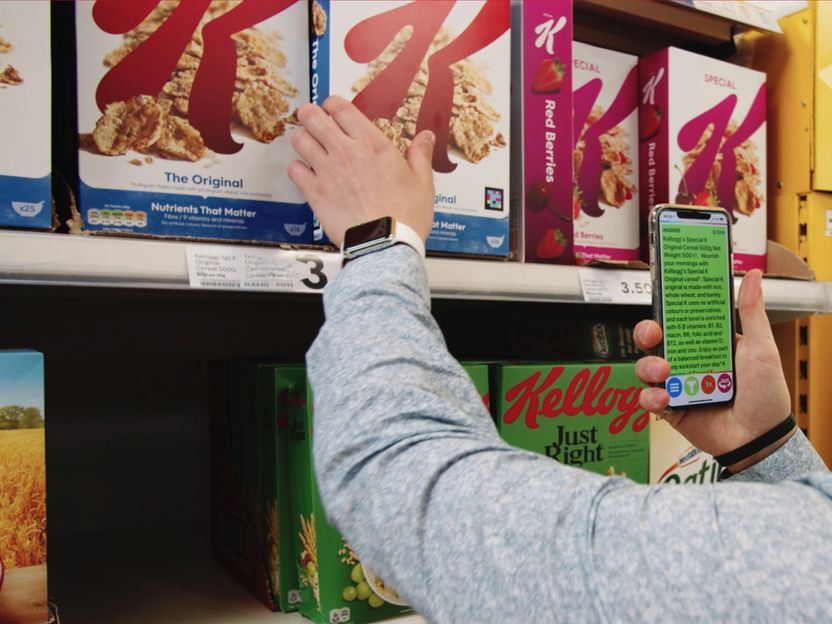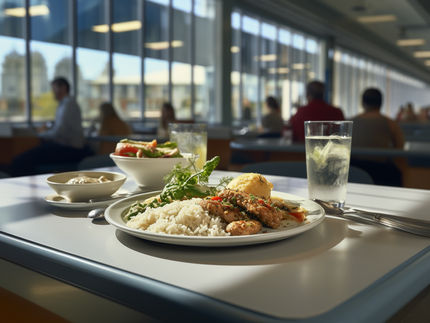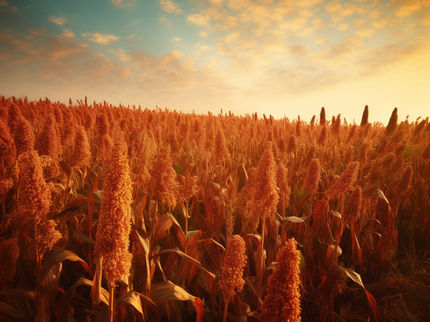KELLOGG Europe launches world's first product packaging for the blind and visually impaired
All products sold by Kellogg in Europe will be switched from January 2022.
KELLOGG Europe will equip all product packaging with a new, globally unique technology from 2022 to make it accessible for blind and visually impaired people. This was announced by the company on 01 July.

KELLOGG Europe launches world's first product packaging for the blind and visually impaired
KELLOGG GmbH
Important information on food packaging, such as allergen information, is often not accessible to people who are blind or visually impaired. The new boxes allow a smartphone to recognise a unique code on the packaging and replay the label information to visually impaired shoppers.
KELLOGG will change all of its product packaging in Europe, starting in 2022 with Kellogg's® Special K®. The company also hopes that by sharing experiences with other brands, there will be an opportunity to make supermarket shelves more accessible overall for people with visual impairments, allowing them to shop more independently and access information from different packaging.
NaviLens - a globally unique technology
The launch was preceded by a successful 2020 pilot on Kellogg's® Choco Krispies® packaging marketed in the UK. The evaluation by the UK charity Royal National Institute of Blind People (RNIB) found that 97 per cent of participants would like to see more of these accessibility features on food packaging in the future.
Unlike other types of printed codes, the new technology, called NaviLens, contains high-contrast coloured squares on a black background. Users:inside don't have to know exactly where the code is located to scan it. It enables smartphones* to detect the code on the packaging from up to three metres away when blind or visually impaired shoppers hold their devices towards the products. The phone is then alerted and the shopper can have the ingredient, allergen and recycling information read to them - or read it on the device using accessibility tools.
The technology is currently being used in the transport systems of the cities of Barcelona, Madrid and Murcia, making it easier for thousands of visually impaired citizens to navigate the cities. It was first introduced in the UK as part of the Kellogg trial.
Aura Botorog, European VP Kellogg Brands is excited about the innovation: "Over 30 million people across Europe live with a visual impairment** and are unable to easily read the information on our packaging. As a company focused on equality, diversity and inclusion, we believe everyone should be able to access important and useful information about the food we sell.
That's why, from next year, we will be equipping all our European product packaging with the new technology. I am proud that KELLOGG will be the first company in the world to use NaviLens. We know it's important that all packaging is accessible to blind people to make shopping easier for them, so we will share our experience with other brands who want to learn more."
Javier Pita, CEO of NaviLens, the start-up that developed the technology, added: "The inclusion of NaviLens codes on food packaging is a positive step towards a more inclusive and accessible shopping experience for the visually impaired. This enables people with visual impairments to shop more independently and make their own food choices."
For community togetherness: the KELLOGG promise.
The conversion of the packaging with the help of the start-up NaviLens is part of the company's holistic approach "The KELLOGG Promise". Since its foundation in 1906 by William Keith Kellogg, the company has stood for community togetherness, good nutrition and social commitment.
With the KELLOGG Promise for a balanced, plant-based diet and a better future for all, KELLOGG wants to do everything in its power to ensure that people - emotionally and physically -, our society and also our planet are doing well. The KELLOGG promise therefore stands for the harmony of people, nutrition and nature. By the end of 2023, KELLOGG aims to provide good food for all 33 million people in Europe, and by 2030 to provide a healthy breakfast for 100,000 children in the DACH region through "breakfast clubs". In Germany, KELLOGG is a long-standing partner of Tafeln Deutschland e. V. and has already been cooperating for five years with brotZeit e.V., an association founded by Uschi Glas. Through this partnership, around 7,500 children at 170 schools are provided with a balanced breakfast.
Through the cooperation with NaviLens, KELLOGG is now a significant step closer to its vision: A good and fair world, where everyone has their place at the table and, thanks to a balanced diet, is not only full, but satisfied.
*By using the free NaviLens app.
**According to EuroBlind.org, it is estimated that there are over 30 million blind and visually impaired people in geographical Europe.
Note: This article has been translated using a computer system without human intervention. LUMITOS offers these automatic translations to present a wider range of current news. Since this article has been translated with automatic translation, it is possible that it contains errors in vocabulary, syntax or grammar. The original article in German can be found here.




























































